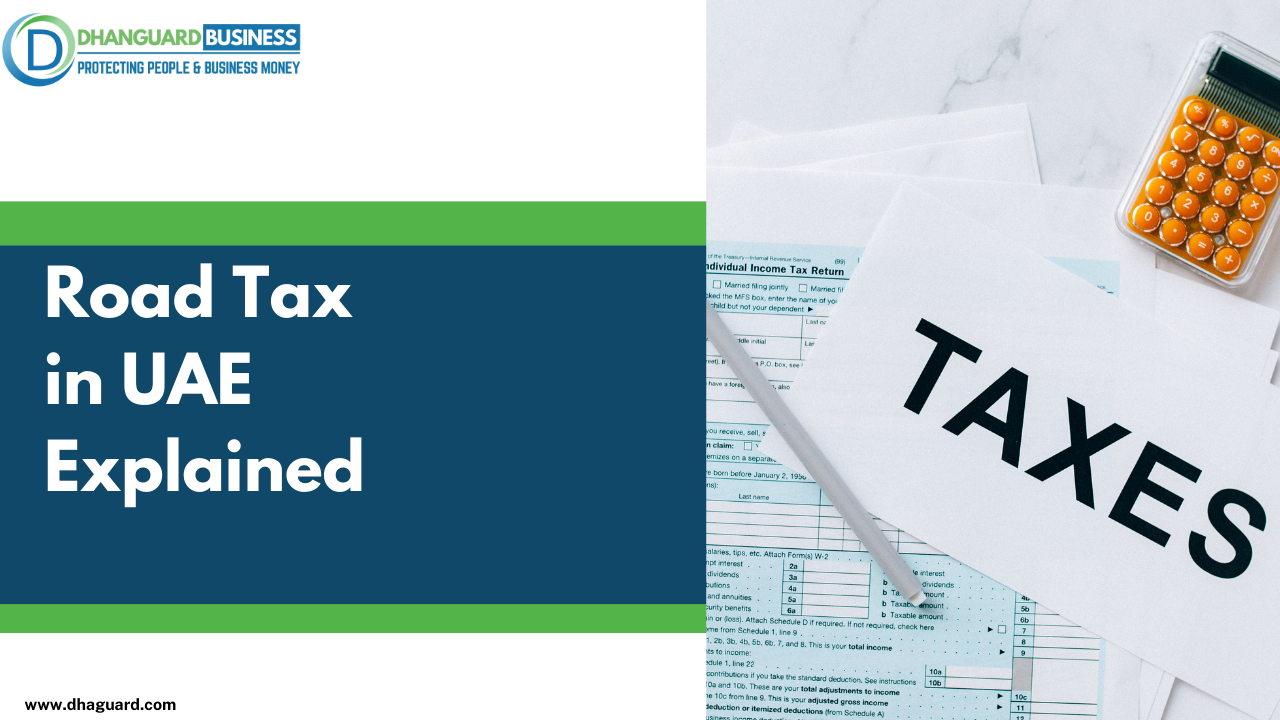With a cautious view, the UAE's car sector, which is now facing several issues due to excess inventory, is preparing for the new VAT era. Stakeholders believe the final value added tax (VAT) legislative framework will provide some clarity for efficient operating purposes, both for domestic and imported automobiles.
As a result of the extra inventory, supply significantly outnumbers demand. As a result, retail prices are under pressure, putting a strain on margins and operational profitability. This pattern is anticipated to continue for the rest of 2021. We expect recovery to begin in January 2021, when supply and demand will be more or less balanced, assuming no unexpected shocks and oil prices would stabilize at a reasonable level. The impact of the introduction of VAT is yet unknown, therefore that must be considered as well "K. Rajaram, CEO of Al Nabooda Automobiles in the United Arab Emirates, said According to Alpen Capital, the number of passenger automobiles in use in the GCC is predicted to increase by 5% year between 2015 and 2020, from an estimated 10.3 million in 2020.
The automotive industry will be affected by VAT in both the long and short term. Prices will be influenced in the long run because new automobile sales will be subject to VAT. In the near term, this could lead to a surge in demand as consumers try to beat the price hike before VAT is implemented. This could give the motor trade a lift towards the end of 2021, and buyers may be able to take advantage of some tempting offers as traders try to take advantage of the chance. All of this could have an influence on second-hand vehicle sales, as a glut of used vehicles hits the market
In the UAE, how does VAT effect car owners and sellers?
While the tax has an impact on the cost of used and new cars, it also affects the cost of other services.
In the UAE, the introduction of VAT has increased the cost of driving. According to a new guide for drivers released by, how much you pay for a new or used car depends on whether you buy from an agency, a dealer, or an individual.
If you buy a brand new car from the agency or a pre-owned car from the agency or dealer, you'll have to pay 5% VAT on the car's value

Loans for automobiles
According to the guidance, no VAT is applied to car loans or the associated interest rates, and most banks have yet to change rates on motor loans
This means that for the time being, any VAT application will be absorbed by the banks." "However, bank loan processing fees, which typically range from Dh500 to Dh1,500, are liable to 5% VAT.
Costs of annual renewal
Despite the fact that neither automobile license registration nor inspection fees are subject to VAT, the costs of both government services doubled in December., the car license renewal charge increased by 17% from Dh300 to Dh350, and the inspection fee climbed by more than 20% from Dh140 to Dh170.
Insurance for automobiles
Car insurance is subject to VAT, so keep that in mind when planning your budget. This is in addition to new car insurance sector regulations that went into effect at the beginning of 2017. The maximum responsibility for third-party harm was raised from Dh250,000 to Dh2 million. This criterion, along with other adjustments, resulted in an increase in the cost of car insurance plans all over the country. According to data from the comparison we get to know drivers in the UAE paid 14.9% more for vehicle insurance in 2017 than they did in 2016.
Costs of consumption
Because VAT is applied to petrol, diesel, and other oil and gas products at the pump, UAE residents must factor in higher consumption costs. While Salik tags and recharge cards are exempt from VAT, as are parking rates, both residential and commercial parking will require payment of VAT. It will not apply to you if your residential rent includes parking charges.
Repairs and services
Oil changes, as well as car repair services such as the purchase of replacement parts, have become more expensive as a result of the introduction of VAT. VAT is also charged when cars are washed at a gas station.
Conclusion
Customers typically replace their automobiles with new models before and after the end of the year, which results in a large increase in sales for car dealers. Consumers will want to schedule their car purchases for November/December 2021 to avoid the 5% price rise owing to VAT. Automobile dealers, in turn, will strive to sell as many cars as possible to consumers before the end of the year at pre-VAT prices. Additionally, in preparation for the launch of VA, car dealers will want to evaluate sales strategies focused at lowering stocks of 2021 models and pre-owned vehicles.

